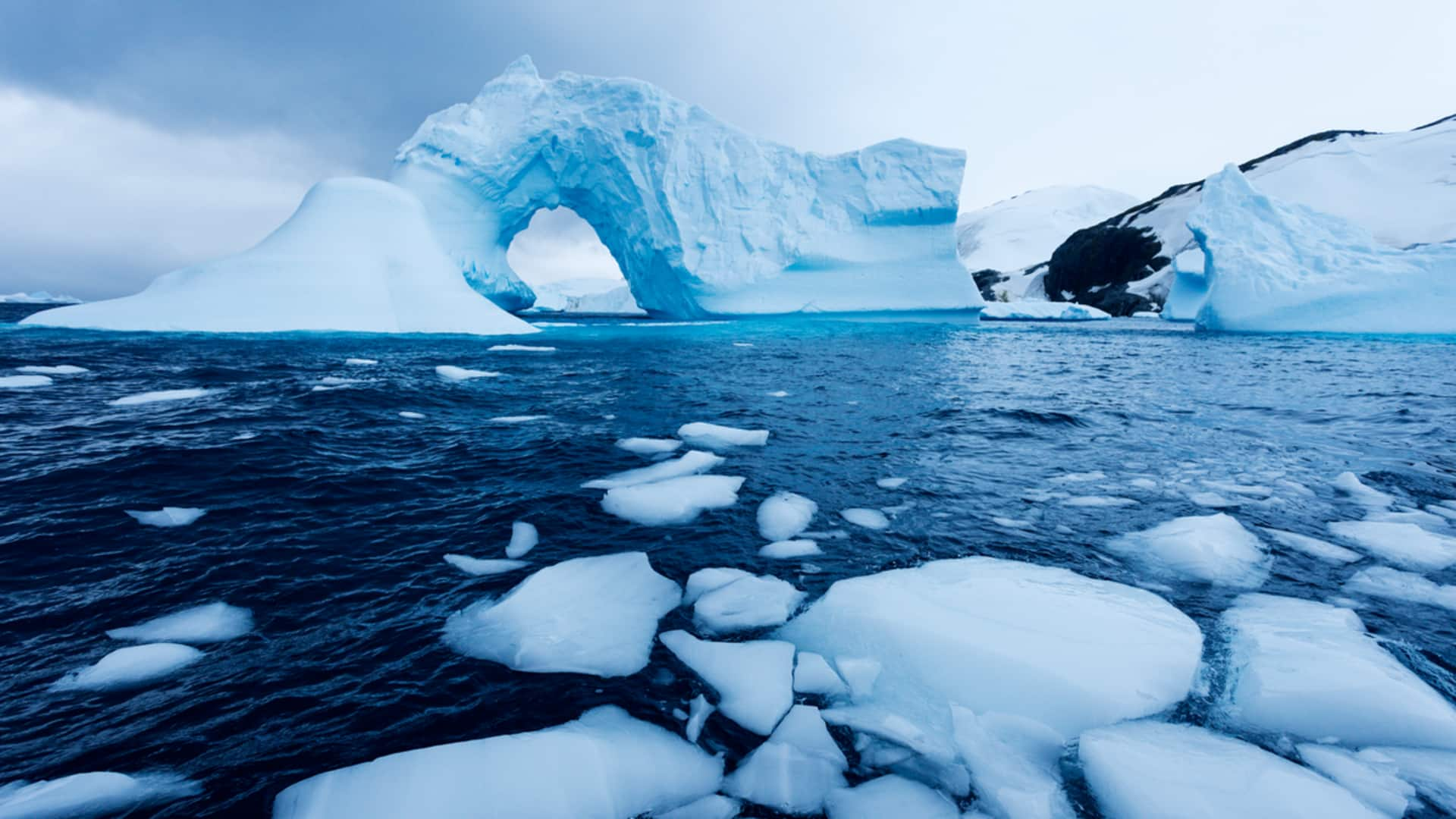
'Surprised by sudden deterioration': Glacier retreats 8km in 2.5 years
What's the story
Antarctica's Cadman Glacier has seen a drastic retreat of 8km in just 2.5 years, after remaining stable for about five decades. Not only that, its ice shelf has also completely collapsed. "We were surprised to see the speed at which Cadman went from being an apparently stable glacier to one where we see sudden deterioration and significant ice loss," said Benjamin Wallis, a glaciologist from University of Leeds.
Details
Warmer ocean temperatures accelerated ice shelf collapse
The glacier, which is located on the western coast of the Antarctic Peninsula, is thought to have started thinning in the early 2000s or possibly even the 1970s. Researchers believe that warmer-than-usual ocean temperatures in 2018-2019, partly due to global warming, likely sped up the thinning process of Cadman Glacier. This weakening ultimately led to the collapse of its ice shelf, the part of the glacier that's above the ocean but which remains tethered to land.
Implications
The glacier is expected to lose water more rapidly
Since ice shelves typically support the land-based part of a glacier, Cadman Glacier is now expected to lose water more quickly. At present, it drains around 2.38 billion tons of ice into the ocean each year. That level is expected to increase now, contributing to rising sea levels which in turn pose a threat to coastal areas worldwide.
Neighbouring glaciers
Neighboring glaciers remain stable, for now
"What was also curious was that the neighboring glaciers on this part of the west Antarctic Peninsula did not react in the same way, which may hold important lessons for the way we can better project how climate change will continue to affect this important and sensitive polar region," Wallis explained. The team thinks that underwater ridges might be acting as protective barriers for these neighboring glaciers, shielding them from the warming sea, for now.
Insights
Cadman Glacier is a 'glaciological tipping point'
Cadman Glacier is considered a "glaciological tipping point" that could foreshadow the future of its neighboring glaciers. "What this new research shows is that apparently stable glaciers can switch very rapidly, becoming unstable almost without warning, and then thinning and retreating very strongly," said Michael Meredith from the British Antarctic Survey and co-author of the study. He stressed the need for a comprehensive ocean-observing network around Antarctica, especially in areas close to glaciers where measurements are difficult to obtain.